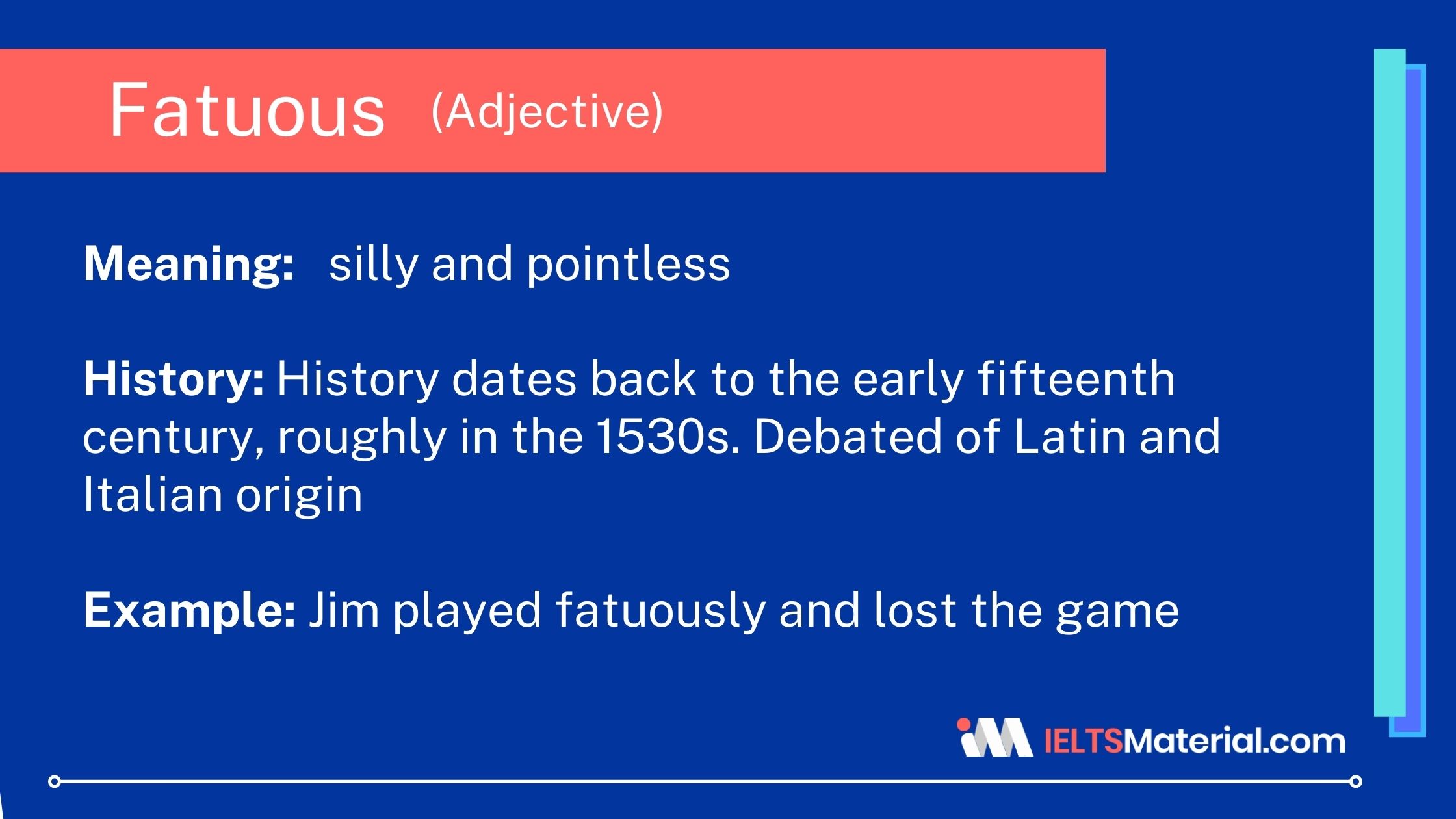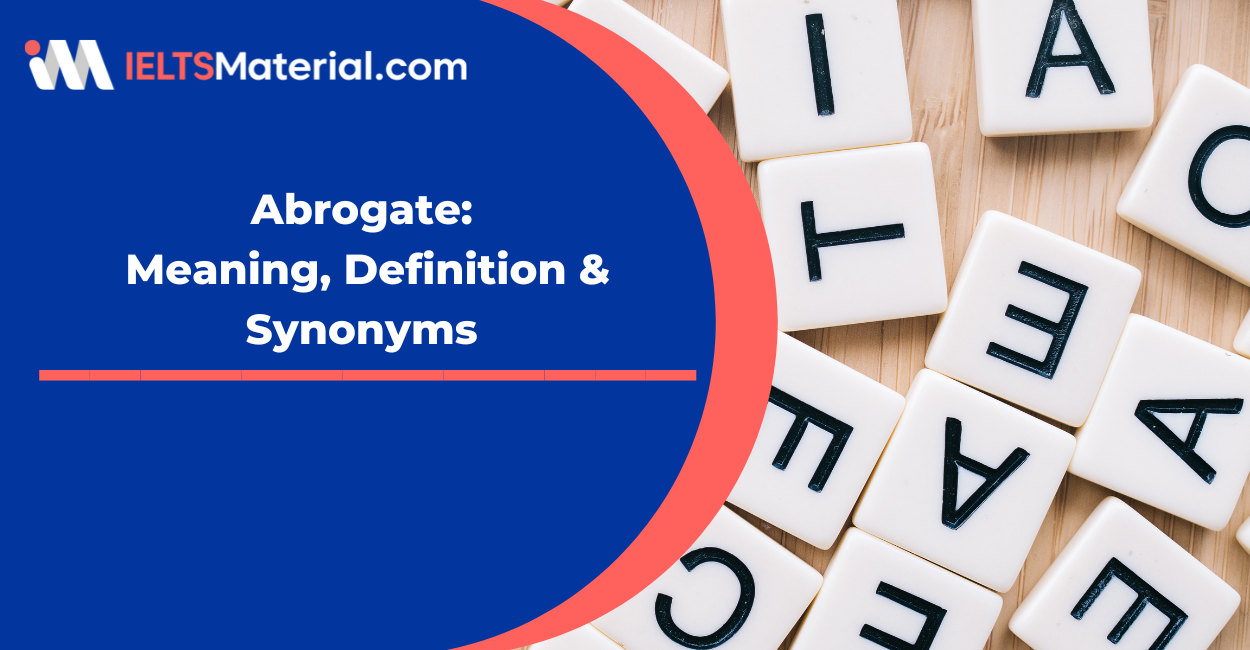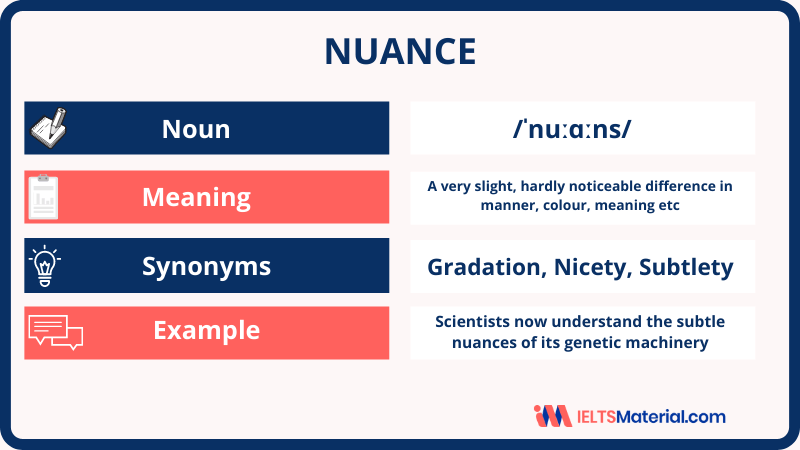Laconic – Word of the Day for IELTS Speaking & Writing
3 min read
Updated On
-
Copy link
This blog explores the word of the day, "Laconic". Learn its meaning, usage, and IELTS examples in Speaking part 2 and Writing task 2 to describe brief speech or personality traits and improve your IELTS Lexical Resource score.
Table of Contents

Limited-Time Offer : Access a FREE 10-Day IELTS Study Plan!
Expanding your IELTS vocabulary with precise and expressive words is essential to increase your Lexical Resource score. Today’s word, “Laconic,” is particularly useful when describing communication styles, personalities, or responses in both IELTS Speaking and Writing tasks.
Meaning of the Word "Laconic"
Part of Speech: Adjective
Definition: Using very few words; concise to the point of seeming rude or mysterious.
Origin and History of "Laconic"
The word “laconic” comes from Greek origin, derived from Lakonikos, referring to the people of Laconia (Sparta) who were known for their brief and direct manner of speech. The term entered English usage around the late 16th century (c. 1580s) via Latin laconicus, keeping its association with Spartan brevity. A famous example: When Philip of Macedon threatened Sparta by saying, “If I enter Laconia, I will destroy it,” the Spartans simply replied, “If.”
How to Use “Laconic” in IELTS Speaking & Writing
Understanding how to use “laconic” and its related forms can help you clearly express emotions, attitudes, and behaviors in formal and informal contexts, in the IELTS Speaking and IELTS Writing topics.
1. Adjective: Laconic
Describes someone who uses few words, often to express more by saying less.
Examples:
- The teacher gave a laconic reply to the long-winded question.
- During the interview, the manager was surprisingly laconic.
- The student’s laconic presentation lacked detail and clarity.
- Her laconic responses made it hard to continue the conversation.
- He’s known for his laconic style, but every word counts.
2. Adverb: Laconically
Describes the manner in which something is said briefly or concisely.
Examples:
- The patient responded laconically to all the doctor’s questions.
- “Fine,” he said laconically, ending the discussion.
- She smiled laconically, offering no further comment.
- The CEO responded laconically to the media inquiries.
- He shrugged and answered laconically, showing disinterest.
3. Noun: Laconism
Refers to the practice or style of speaking or writing in a concise way.
Examples:
- The professor’s laconism often left students confused.
- His habitual laconism was mistaken for arrogance.
- Laconism may convey power, but risks being misunderstood.
- She admired his laconism, especially in tense situations.
- The judge’s laconism added weight to his verdict.
Grab the newly launched Vocabulary for IELTS to level up your preparation.
Where to Use “Laconic” in IELTS?
Use the adjective “laconic” in IELTS Speaking Part 2 or 3 when describing someone’s personality or a specific interaction. It also works well in IELTS Writing Task 2, especially when discussing communication styles, leadership traits, or social behavior. Using this word enhances your tone and demonstrates a higher level of vocabulary suitable for Band 7 and above.
- IELTS Speaking Part 2: When describing a quiet person, an introverted relative, or someone who communicates briefly.
- IELTS Speaking Part 3: When discussing communication styles, emotional expression, or social behavior.
- IELTS Writing Task 2: Use it in essays about leadership, education methods, or workplace communication when evaluating the effectiveness or drawbacks of brief, concise speech.
Synonyms for Laconic
- Brief
- Concise
- Terse
- Curt
- Reserved
- Pithy
Sample IELTS Speaking Answer Using “Laconic”
Use in: IELTS Speaking Part 2 or IELTS Speaking Part 3 (Describing a person or communication style)
Q: Describe a person who doesn't talk much.
A: My uncle is very laconic by nature. He rarely speaks in social gatherings and usually replies with just a word or two. While some people find it awkward, I think it’s just his calm and thoughtful personality.
Sample IELTS Writing Sentence Using “Laconic”
Use in: IELTS Writing Task 2 (Opinion or Discussion Essay – Communication styles or workplace behavior)
Example Sentence:
In professional communication, a laconic style can be efficient, but it may come across as unfriendly or unclear if not used carefully.
Want to master more high-band IELTS vocabulary for the IELTS exam? Book a Free Demo Class today!
Use “laconic” in IELTS Speaking when describing people, conversations, or social behavior, and in IELTS Writing Task 2 when discussing communication, leadership, or education-related topics. This versatile word helps you express ideas with precision and improves your Lexical Resource score. Practice using “laconic” and its forms across contexts to elevate your language skills and aim for a Band 8+.
If you're aiming for top IELTS Band Score, follow the IELTS Exam Preparation Tips for Band Score of 8+ to further enhance your vocabulary and overall test performance.
Also Check:
Explore IELTS Resources

Start Preparing for IELTS: Get Your 10-Day Study Plan Today!
Recent Articles

Kasturika Samanta

Kasturika Samanta

Kasturika Samanta





Post your Comments